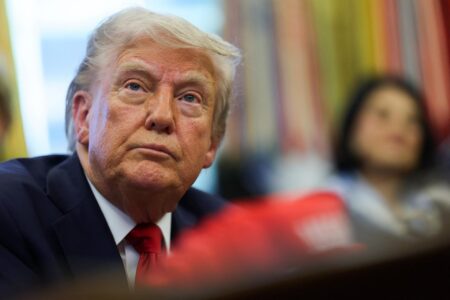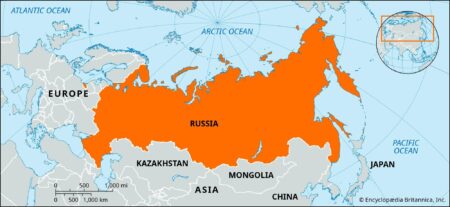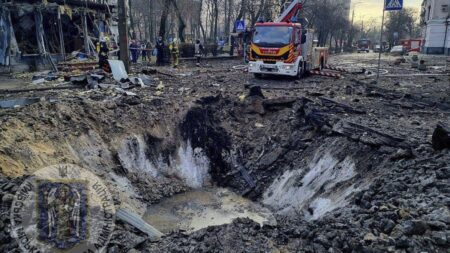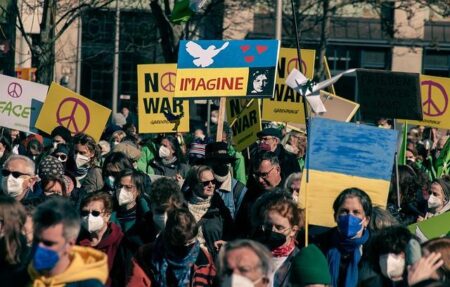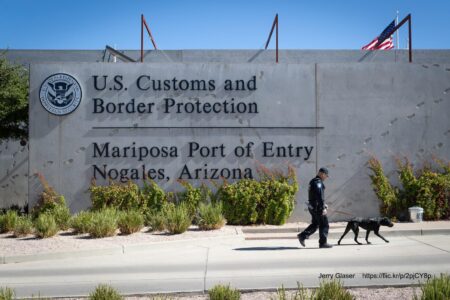In a recent statement, former President Donald Trump voiced his frustration over the devastating Russian strikes on Kyiv, urging for a stronger international response. His comments arrive as worries mount over the intensifying violence and deepening humanitarian crises in Ukraine
Browsing: humanitarian issues
In a surprising move, Russia has declared a unilateral truce for Easter, hoping to bring some respite to the ongoing conflict. Yet, Ukraine counters this announcement with reports of persistent attacks, raising questions about the true effectiveness of the ceasefire. As both sides grapple with these intricate dynamics, the atmosphere remains charged and uncertain.
Kyiv celebrated Easter under the shadow of a delicate truce, where the spirit of the holiday was tinged with lingering tensions. A fleeting one-day ceasefire between Russia and Ukraine faced challenges, leaving many to wonder if true peace and safety could be realized during this sacred time.
The UK and France are currently in talks to forge a groundbreaking migrant returns deal that promises to bolster border security and tackle the challenges of cross-Channel migration. These discussions aim to strengthen collaboration, making it more difficult for illegal crossings while also simplifying the return processes for those who do not qualify for asylum.
The European Union has made a strong appeal for clear and concrete evidence that Russia is truly halting its military actions in Ukraine, highlighting its unwavering dedication to diplomatic solutions. This urgent call for proof arises against a backdrop of escalating tensions and growing worries about the continuation of hostilities.
In a tragic turn of events, Russian assaults on Ukraine’s Kharkiv and Sumy regions have claimed the lives of at least two individuals, as reported by local sources. These attacks have intensified the already high tensions in the ongoing conflict, posing an even greater threat to civilian safety and wreaking havoc on the fragile infrastructure in these war-torn areas.
French President Emmanuel Macron announced that France may recognize a Palestinian state by June, signaling a potential shift in diplomatic relations. This move aims to revive the stalled peace process and support Palestinian statehood in the ongoing conflict.
Truce agreements between Ukraine and Russia face immediate challenges, as fresh reports of violations emerge within hours of their announcement. The fragile ceasefire highlights ongoing tensions and raises questions about the prospects for lasting peace in the region.
As tensions persist, Ukraine and Russia face pivotal conditions that could pave the way for a ceasefire. Both nations may need to navigate complex concessions to address territorial disputes and security guarantees, raising questions about their willingness to compromise.
US border officials are intensifying scrutiny of senior green card holders, raising concerns among immigrant communities. The increased targeting aims to address compliance and security but has sparked fears of discrimination and legal challenges.
Ukraine has expressed its willingness to accept a US proposal for a 30-day ceasefire with Russia. This development highlights ongoing diplomatic efforts to de-escalate the conflict, as both nations grapple with the repercussions of prolonged hostilities.
Germany’s asylum seekers express growing anxiety over Friedrich Merz’s proposed immigration reforms, which could tighten entry requirements and complicate their paths to residency. Many fear these changes may jeopardize their hopes for a stable future.
Tension has surfaced within Italy’s Jewish community following a controversial ad stating “No ethnic cleansing” in response to Trump’s Gaza plan. The slogan has sparked heated debate, reflecting deep divisions over the Israeli-Palestinian conflict and local sentiments.
The UK government has announced a temporary suspension of bilateral aid to Rwanda in response to ongoing tensions arising from the conflict in the Democratic Republic of Congo. This decision underscores the UK’s commitment to addressing regional instability and human rights concerns.
The UK government has announced new citizenship rules aimed at addressing the status of illegal immigrants and asylum seekers. The measures, intended to streamline pathways to legal residency, have sparked debate about their implications for immigration policy.

